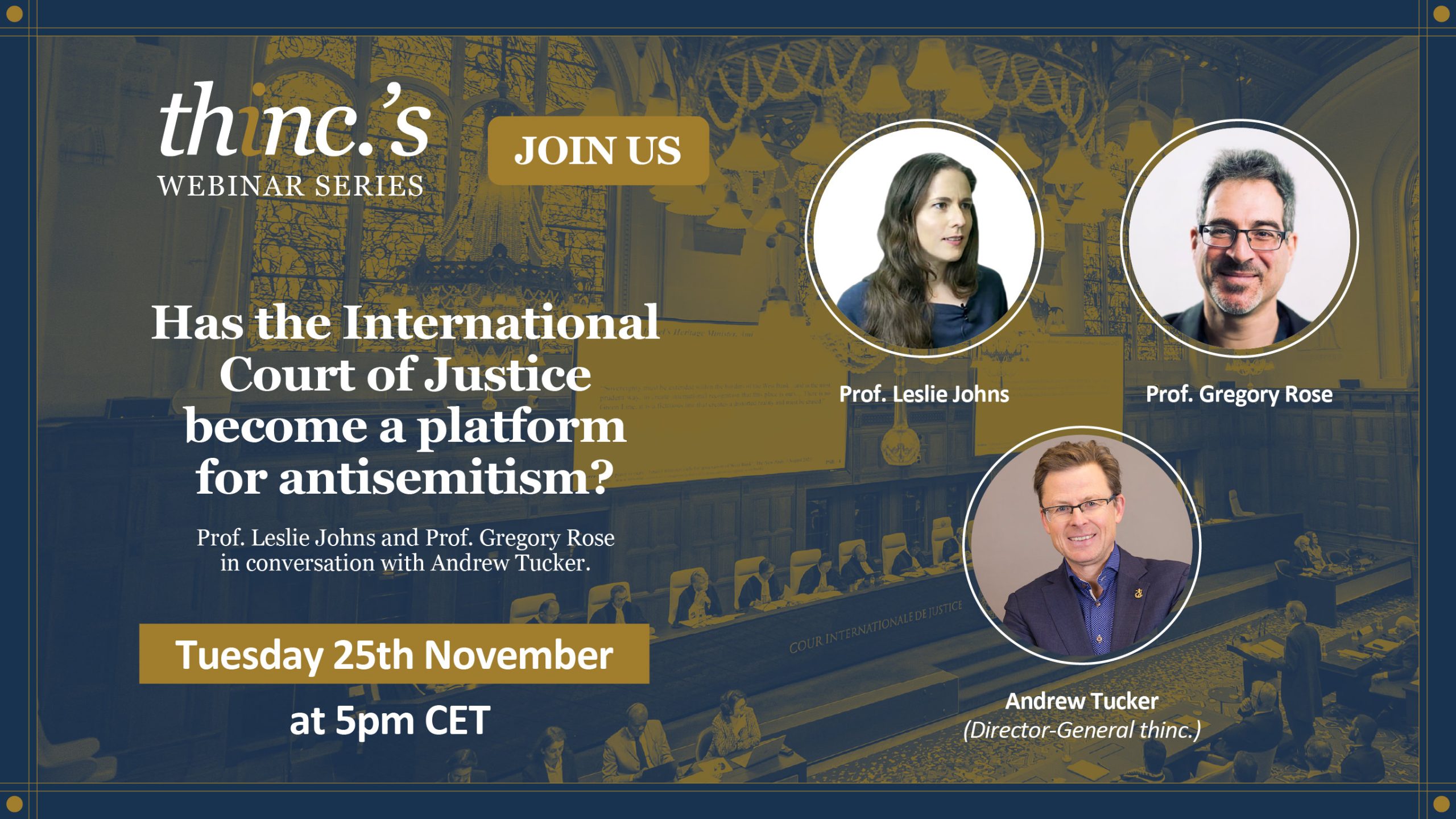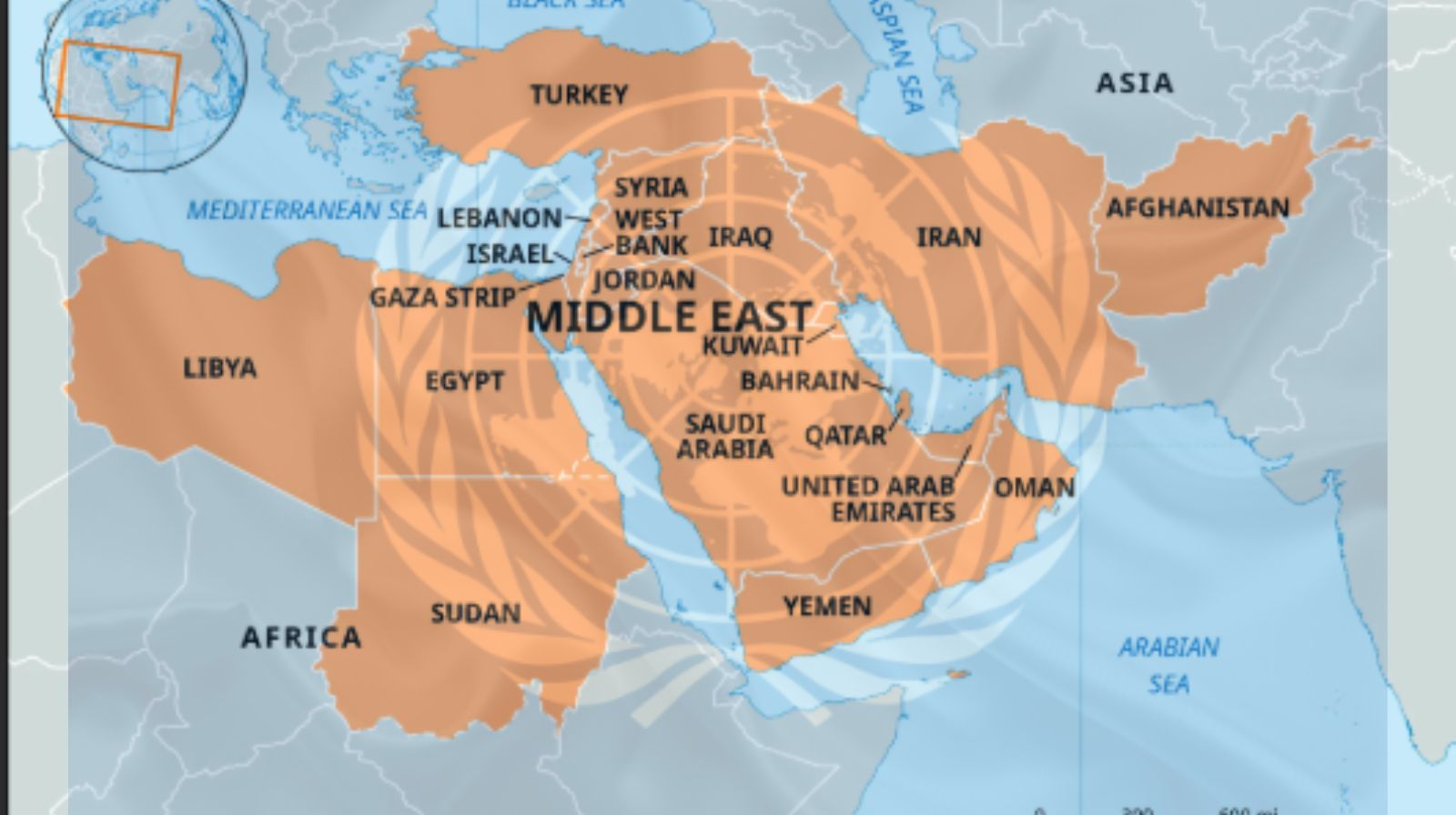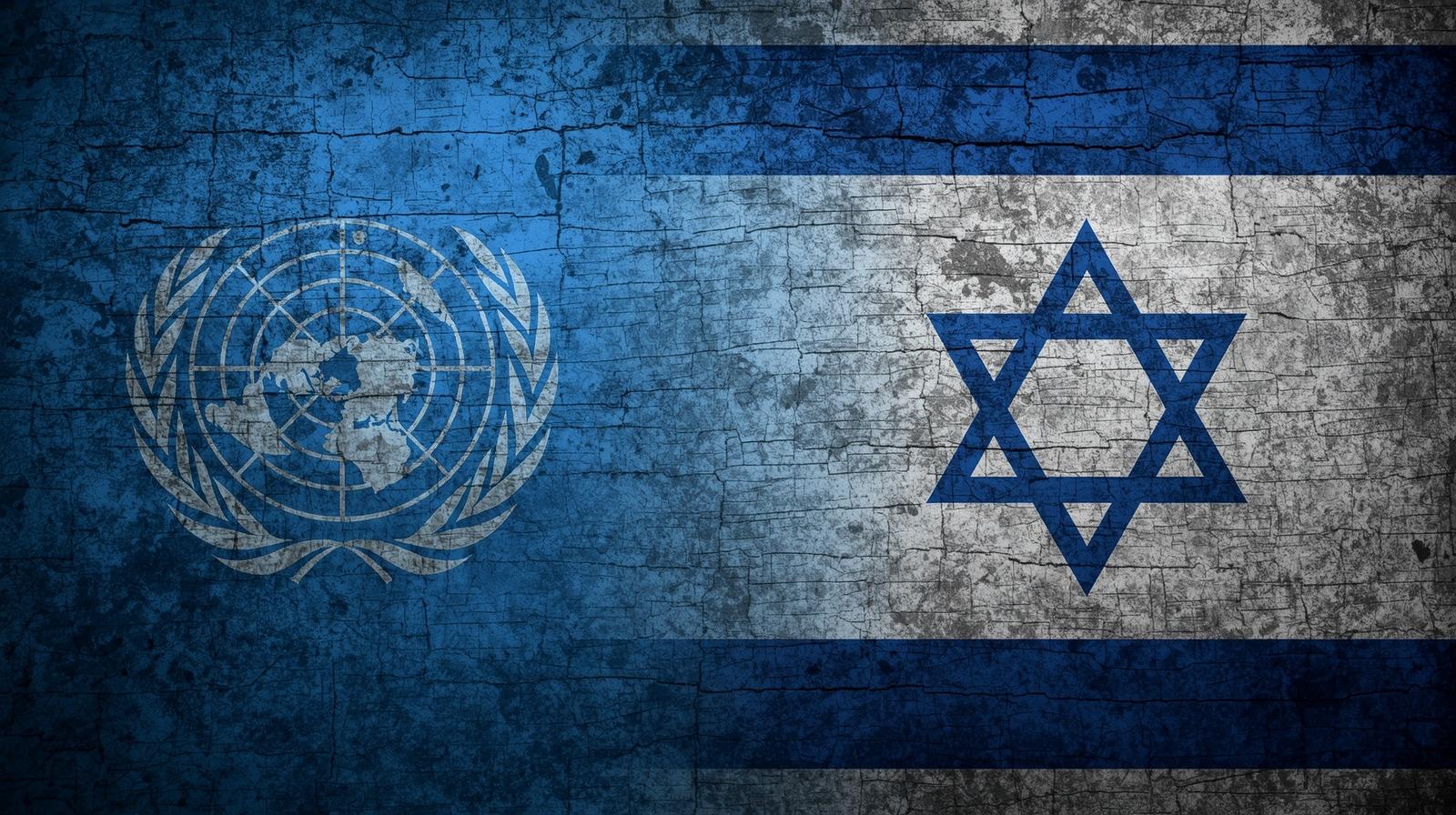by Professor Gregory Rose
The UN-HRC-COI-OPT trips off the tongue better than the United Nations Human Rights Council Commission of Inquiry on the Occupied Palestinian Territories. This Commission is a multifaceted disgrace that should have long ago been looked back on as a mistake to learn from.
Its chair, South African Navi Pillay recently announced her resignation from the COI, together with both the other two commissioners: Miloon Kothari (India) and Chris Sidoti (Australia). Some speculated that the resignations by the three commissioners were motivated by concerns over potential US personal sanctions against them.
Their resignations on July 15, 2025 followed shortly after Francesca Albanese, the HRC Special Rapporteur on human rights in the Occupied Palestinian Territories, was sanctioned on July 9 by the US for her antisemitism and support for terrorism. Pillay and her colleagues have similarly faced widespread criticism for invoking antisemitic tropes, supporting the BDS movement and failing to hold Hamas accountable. Given their well-documented racist and political biases, the commissioners could indeed also be sanctioned.
Biased and wasteful politics from the outset
The HRC established the COI in May 2021 following conflict between Hamas and Israel. It was tasked with investigating “all alleged violations” of international humanitarian and human rights law by Israel in the OPT and in Israel, leading up to and since that conflict, as well as examining the “root causes” of the conflict, including “systematic discrimination and repression”.
Resolution S-30/1, which established the COI, was introduced by Pakistan, on behalf of the Organisation of Islamic Cooperation (OIC), reflecting an anti-Israel agenda from the outset. Only 24 of the HRC’s 47 members supported the resolution – a strikingly narrow majority, despite the HRC’s typically predominant anti-Israel membership composition. Its failure to achieve broad consensus might have reflected misgivings of HRC members about how the COI would further undermine the credibility of the HRC itself.
Additionally, unlike other UN inquiries, the COI’s mandate is open-ended; it has no expiration date or renewal mechanism but is eternal. It is not confined to specific human rights infringements but is empowered to investigate broader “root causes”, making it overtly political. It is also unjustifiably expensive, with a budget exceeding that of comparable UN mechanisms, despite it largely duplicating the work of numerous other UN bodies focused on the conflict. It is an outlier among UN inquiries. Its commissioners all had records of bias and should never have been appointed.
Injustice and illegality built-in
At the time of establishment of the Commission, thinc. produced a detailed analysis of the framework underpinning it, identified problematic legal issues with its establishment, and concluded that it should never have been created.
While presuming Israeli guilt, HRC Resolution S-30/1 and the Commission’s Terms of Reference granted the COI broad, quasi-judicial powers, including evidence collection, interpretation of international law, and issuing of legal recommendations. These powers significantly exceed those of other mechanisms, including the Myanmar inquiry, which is the only comparable inquiry. It is doubtful whether the HRC even had the authority to confer such broad investigative powers. – It was established to promote human rights compliance – not to operate as an investigatory body for prosecutions under international criminal law or to conduct sensitive politicised inquiries.
Most notably, the COI’s mandate is inherently biased: it refers only to alleged Israeli violations, excluding meaningful scrutiny of Hamas and other Palestinian actors. The use of the term “OPT” also presupposes a legal conclusion concerning the status of disputed territories, disregarding Israel’s competing legal claims and that disputed areas remain subject to negotiation under the Oslo Accords. Rather than promoting peace under the Oslo accords, the COI exacerbates the regional conflict by failing to address Palestinian rejectionism and terrorism.
The COI also violates the HRC’s founding principles: impartiality, objectivity, universality, non-selectivity, constructive international dialogue and cooperation. Israel’s policy of non-cooperation with this unjust and illegal commission, together with Hamas’ extensive use of disinformation, make reliable evidence collection and factual findings by the Commission impossible.
The international community should use this opportunity, created by the resignations of all the members of the Commission, to demand its dissolution.
HRC: shielding abusers, demonising Israel
The deeper issue beyond the COI is the inherently biased HRC, which the Commission is only symptomatic of. The COI was designed to articulate bias against Israel because of the institutional bias of the HRC itself, a body systemically hostile to the Jewish state.
Israel is the only state subject to a permanent HRC agenda item criticising national human rights performance (item 7), while all other countries in the world are reviewed under a general agenda item. Israel has been subject to more condemnatory HRC resolutions, inquiries and special sessions than any other country, including Syria, North Korea and Iran combined. This highlights not Israel’s national performance but the HRC’s double standards towards Israel.
HRC entrenched bias is the result of a key structural flaw in its allocation of its membership votes by regional blocs to ensure geographic representation, allowing a disproportionate number of authoritarian state votes. The Asia-Pacific and Africa groups – which include many OIC members and others aligned with OIC positions – together hold 26 of 47 seats, enough for a majority. Meanwhile, the Western Europe and Others group, containing most liberal democracies, holds just 7 seats. Members are elected by the General Assembly via secret ballot, where the OIC also dominates. This enables authoritarian states to control the agenda and push anti-Israel measures – such as the COI’s establishment – while deflecting attention from their own abuses.
The predecessor of the HRC was a Human Rights Commission, that the then UN Secretary-General, Kofi Annan, considered an embarrassment to the UN. Consequently, it was dissolved and reconstituted as the HRC – Human Rights Council – but its membership composition remained the same. As a result, rather than promoting human rights, the HRC NOW shields the worst human rights abusers and is obsessively focused with the one democratic state in the Middle East, the one Jewish state in the world.
The USA is in the process of withdrawing from the HRC, not for the first time. Other states committed to human rights should do the same. Unfortunately, it is necessary for countries to vote with their feet to terminate this travesty against, human rights, international law and justice.



